Direct Endoscopy Melbourne
Leaders In Digestive Health for Over 20 Years
Direct Endoscopy Day Hospitals have been providing quality endoscopy services and specialist treatment in the area of digestive health for over twenty years. Today, Direct Endoscopy Melbourne is one of the largest providers of endoscopy services in Australia with five Day Hospitals around Melbourne.
Direct Endoscopy gastroenterologists are highly experienced, fully accredited physicians committed to providing the highest quality of endoscopy expertise.
Direct Endoscopy Day Hospitals provide consultations in all areas of Digestive Health, Liver Diseases and post-endoscopy follow up. All specialists at Direct Endoscopy Day Hospitals are independent medical specialists and therefore their appointments and hours of work may differ.
Melbourne Endoscopy Services
Bowel Cancer Prevention
Regular colorectal cancer screening is one of the most powerful weapons for preventing colorectal cancer. Bowel Cancer Screening is highly important especially after the age of 50. Colonoscopy offers the best chance of early detection and removal of pre-cancerous polyps. Find out more about bowel cancer prevention.
Endoscopy Procedures
At Direct Endoscopy, we are committed to affordable, accessible and comprehensive digestive health services, such as gastroscopy, colonoscopy and capsule endoscopy for all patients – both insured and non-insured.
All patients referred to us have access to the best in gastroenterological care regardless of insurance status.
Hydrogen Breath Testing
We provide diagnostic testing with Fructose, Lactose and SIBO Breath Tests for Fructose intolerance, Lactose intolerance and SIBO (Small Intestinal Bacterial Overgrowth).
Liver Fibrosis Scan
Accurately diagnosing liver fibrosis (scarring) and inflammatory activity are the most important factors for determining the stage of the disease, assessing the patient’s prognosis, and predicting treatment responses.
Liver Fibrosis Scan (ultrasound-based elastography) provides non-invasive and painless approach for assessing Fibrosis in liver disease.
Gastroenterology and Anaesthetic Specialists
You will enjoy a warm and friendly atmosphere, with highly qualified specialist gastroenterologists and staff offering the very best in patient care. With no waiting list, most patients can undergo procedures within one week in our fully accredited, state-of-the-art day procedure centres.
Please contact us today and make an appointment at any of our 5 convenient locations..
No Waiting Times
We are happy to see anyone, at any time and at short notice, and have access to the public hospital system with admitting rights to major public hospitals.
Our Blog
Frequently Asked Questions
Is endoscopy safe?
The risks associated with endoscopy procedures are all extremely rare, but may vary slightly depending on whether additional procedures are required during the endoscopy, such as taking a small tissue sample (biopsy), removing polyps (abnormal tissue growth), and stopping bleeding from ulcers.
Rare complications include:
- Perforations or tears in the gastrointestinal tract (particularly if removing a polyp)
- Bleeding (particularly if removing a polyp)
- Infections
- Allergic reaction to anaesthesia
Your doctor will be able to provide you with more accurate information about any risks you should be aware of for your endoscopy procedure.
What is endoscopy needed for?
Investigation
Endoscopy is used to investigate several symptoms related to the digestive tract and system. This includes symptoms and conditions such as:
- Altered bowel habit – diarrhoea and constipation
- Abdominal pain
- Unintentional weight loss
- Iron deficiency
- Indigestion issues
- Blood found in stools
- Positive FOBT
- Diagnosis and follow up of Ulcerative Colitis and Crohn’s disease
- Coeliac disease
- Gastric and Duodenal ulcers
- Difficulty swallowing
Diagnosis
Endoscopy is used to examine the inside of your digestive tract to observe and diagnose the problems in the oesophagus, stomach, and colon – and diagnose conditions such as colorectal, gastric and esophageal cancers, as well as any other issues found in your digestive tract including Diverticular Disease and Inflammatory Bowel Disease. A small sample of tissue (or biopsy) may be taken during the endoscopy to establish a diagnosis.
Treatment
Endoscopy can also be used for direct treatment. Some examples of therapeutic treatments performed during an endoscopy include:
- Removing of abnormal growths (known as polyps). If polyps are not removed, these growths can potentially develop into cancer.
- Seal bleeding or abnormal vessels. Endoscopes can be used to cauterize or seal bleeding vessels with heat (diathermy), APC (Argon Plasma Coagulation) or clips.
- Dilatation of narrowed portions (strictures) in the oesophagus or colon.
Can endoscopy detect cancer?
Where to get an endoscopy near me?
To book an endoscopy with us, simply follow the 3 steps below:
Step 1. Print a Referral Form from our website and take it to your doctor.
Step 2. Call us on 9781 5959 to book an appointment
Step 3. For further information about your appointment, including what to prepare and expect, read our Appointments Page.

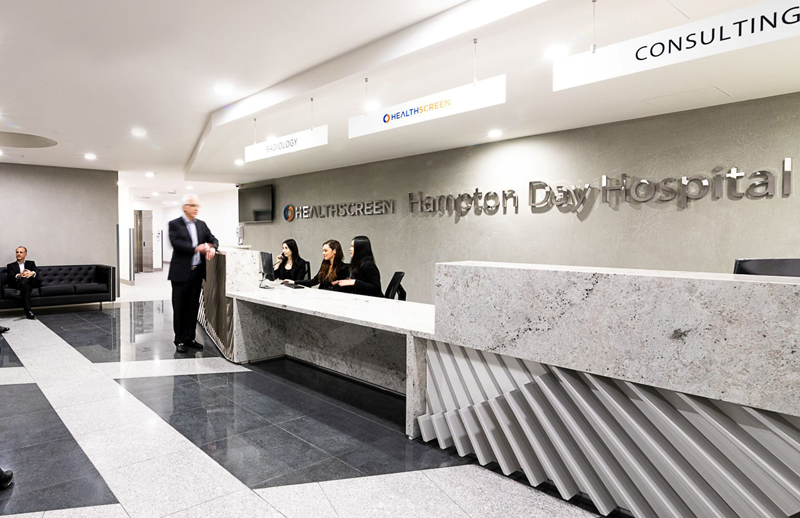
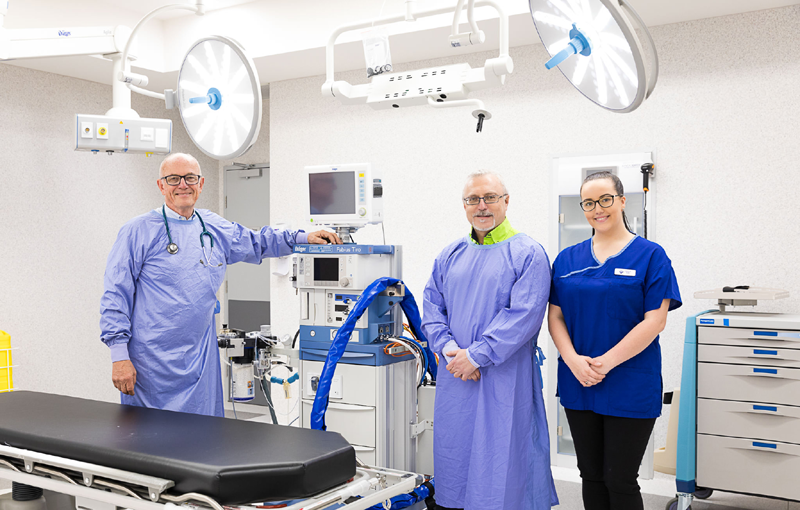
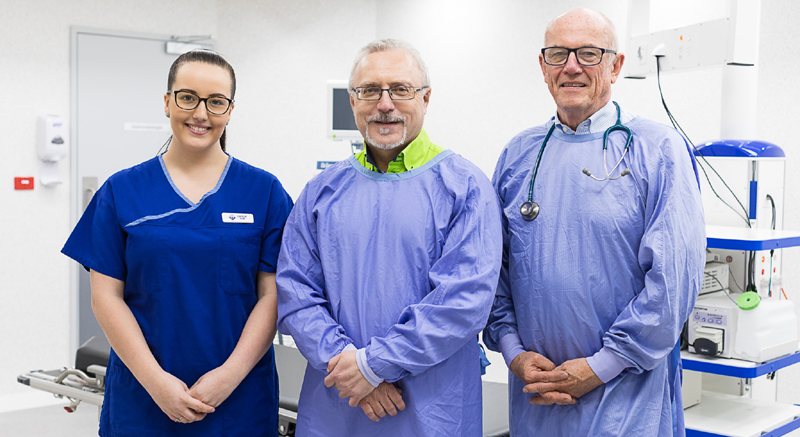
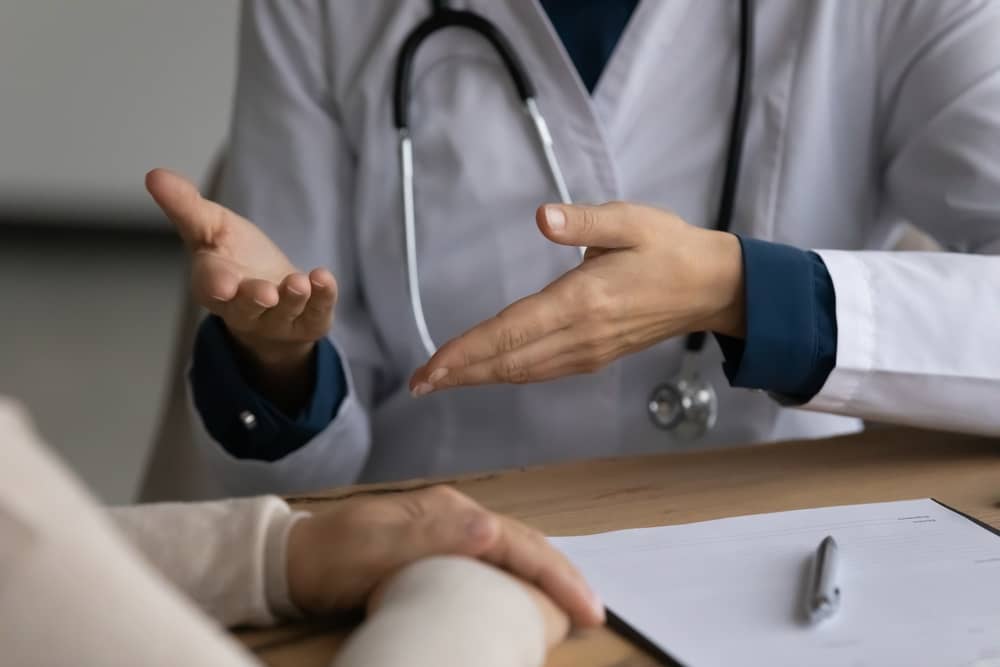
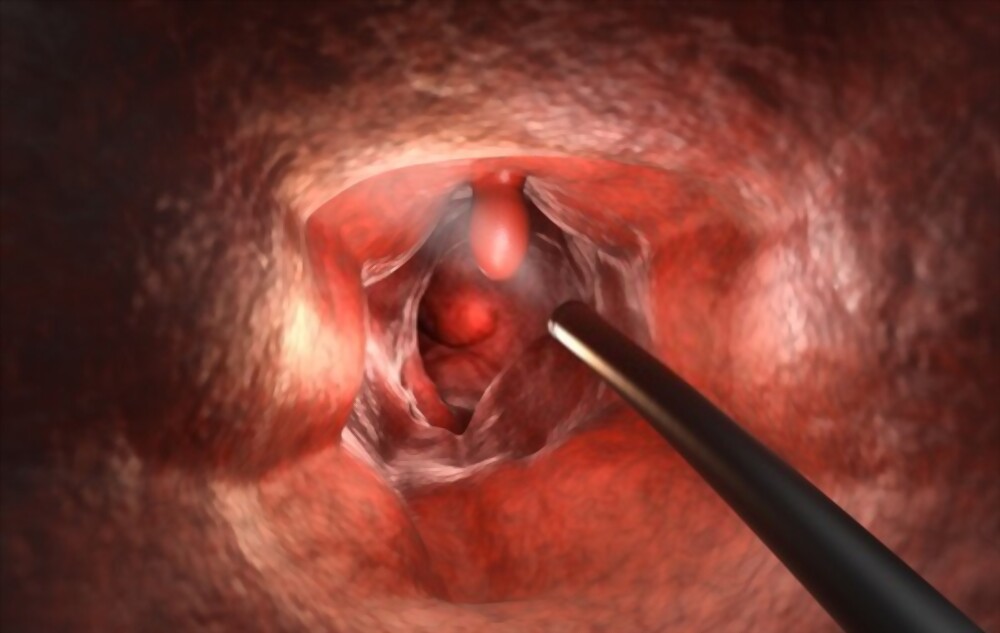
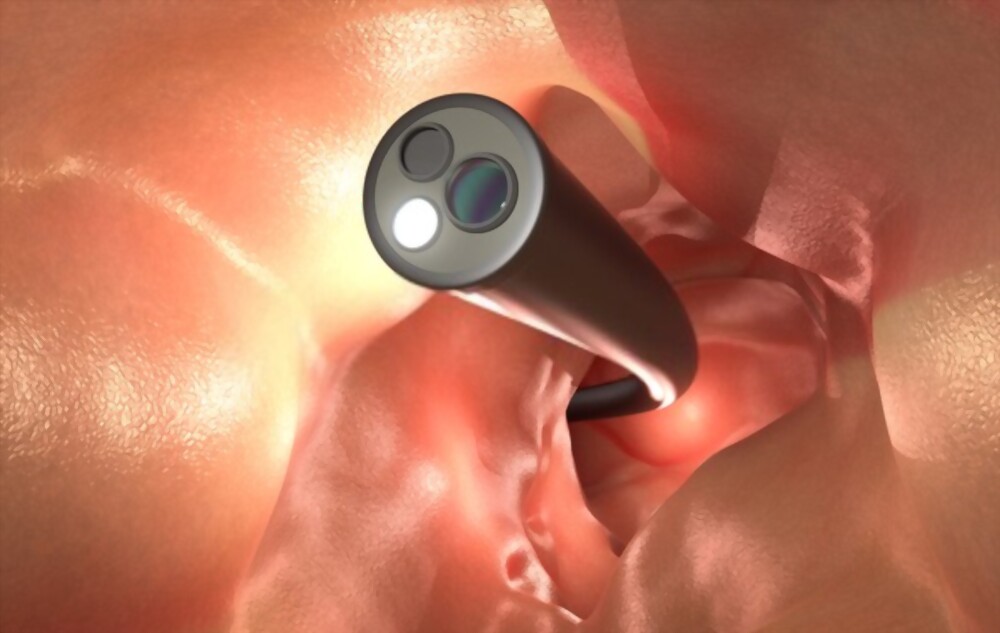

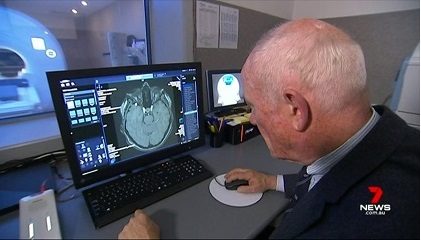
 21st August 2021
21st August 2021